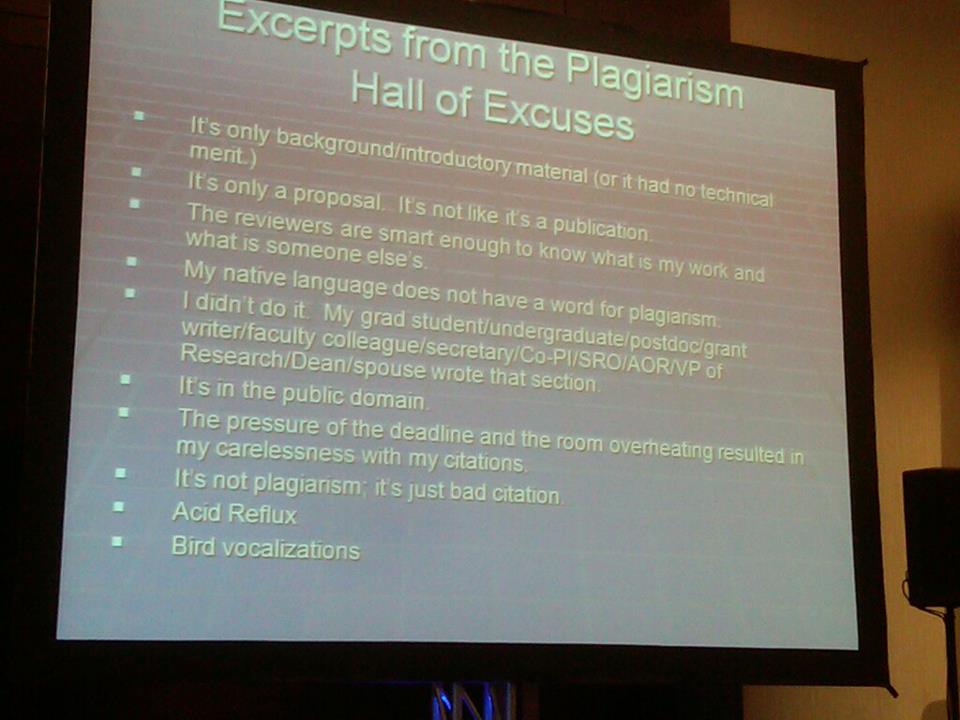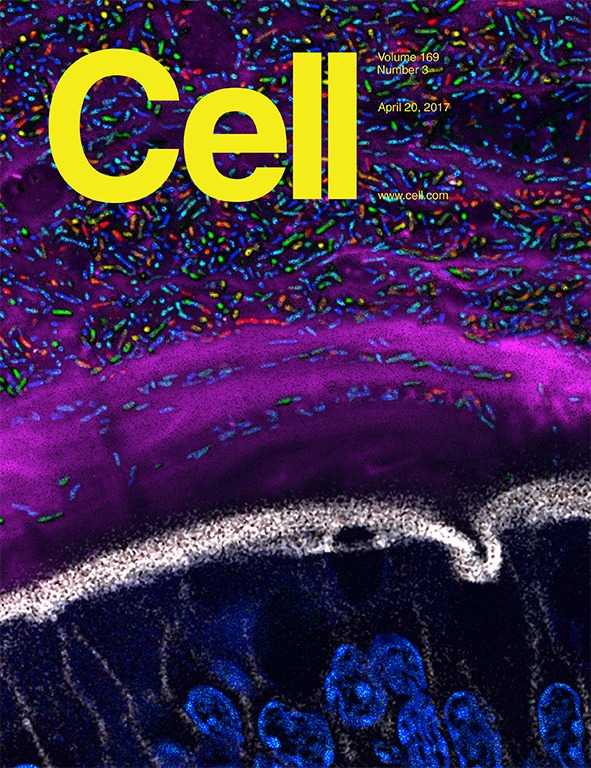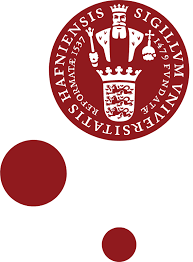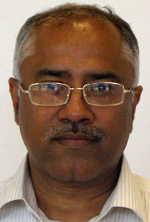
A pair of grief scholars in Denmark have lost a 2018 paper on ghostly apparitions after one of the researchers copied text from another article.
The study, “How many bereaved people hallucinate about their loved one? A systematic review and meta-analysis of bereavement hallucinations,” appeared in the Journal of Affective Disorders, an Elsevier publication. Authors Karina Stengaard Kamp and Helena Due — yes, a second author named Due — are with The Aarhus Bereavement Research Unit at Aarhus University.
As the retraction notice explains: Continue reading ‘Search for inspiration’ lands too close to plagiarism, forcing retraction of grief paper

 When
When 
 The University of Copenhagen has stripped Milena Penkowa of her doctoral degree, after determining she had covered up problems with her research.
The University of Copenhagen has stripped Milena Penkowa of her doctoral degree, after determining she had covered up problems with her research. In six weeks, new policies for handling misconduct in Denmark will go into effect, which alter the definition of misconduct and establish clear policies for who handles such allegations.
In six weeks, new policies for handling misconduct in Denmark will go into effect, which alter the definition of misconduct and establish clear policies for who handles such allegations.

 A Copenhagen court has
A Copenhagen court has 